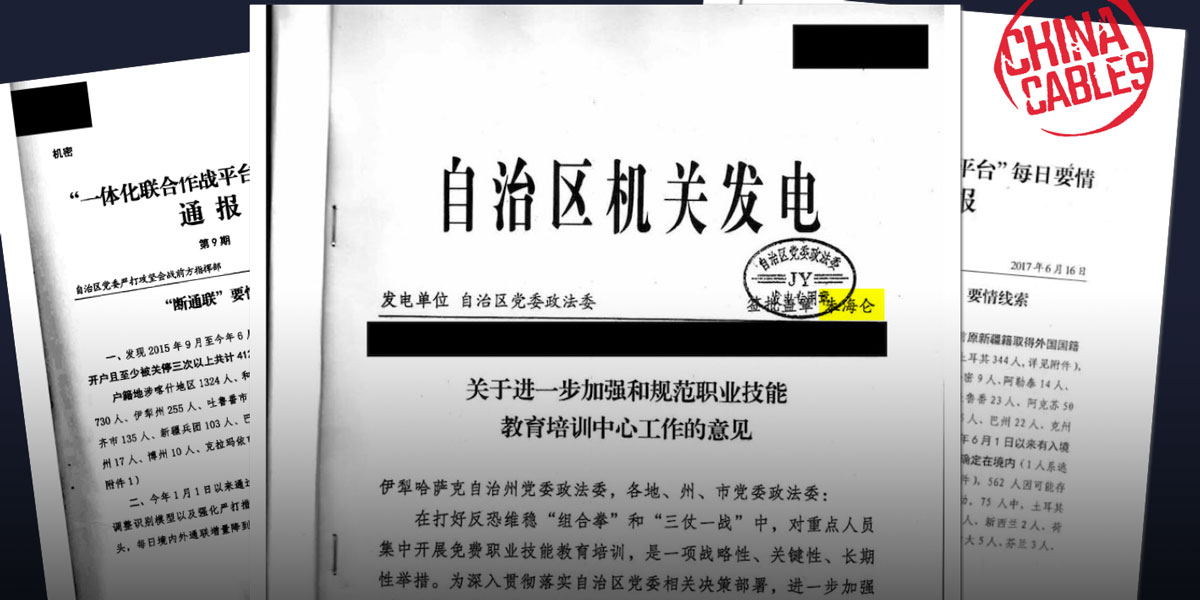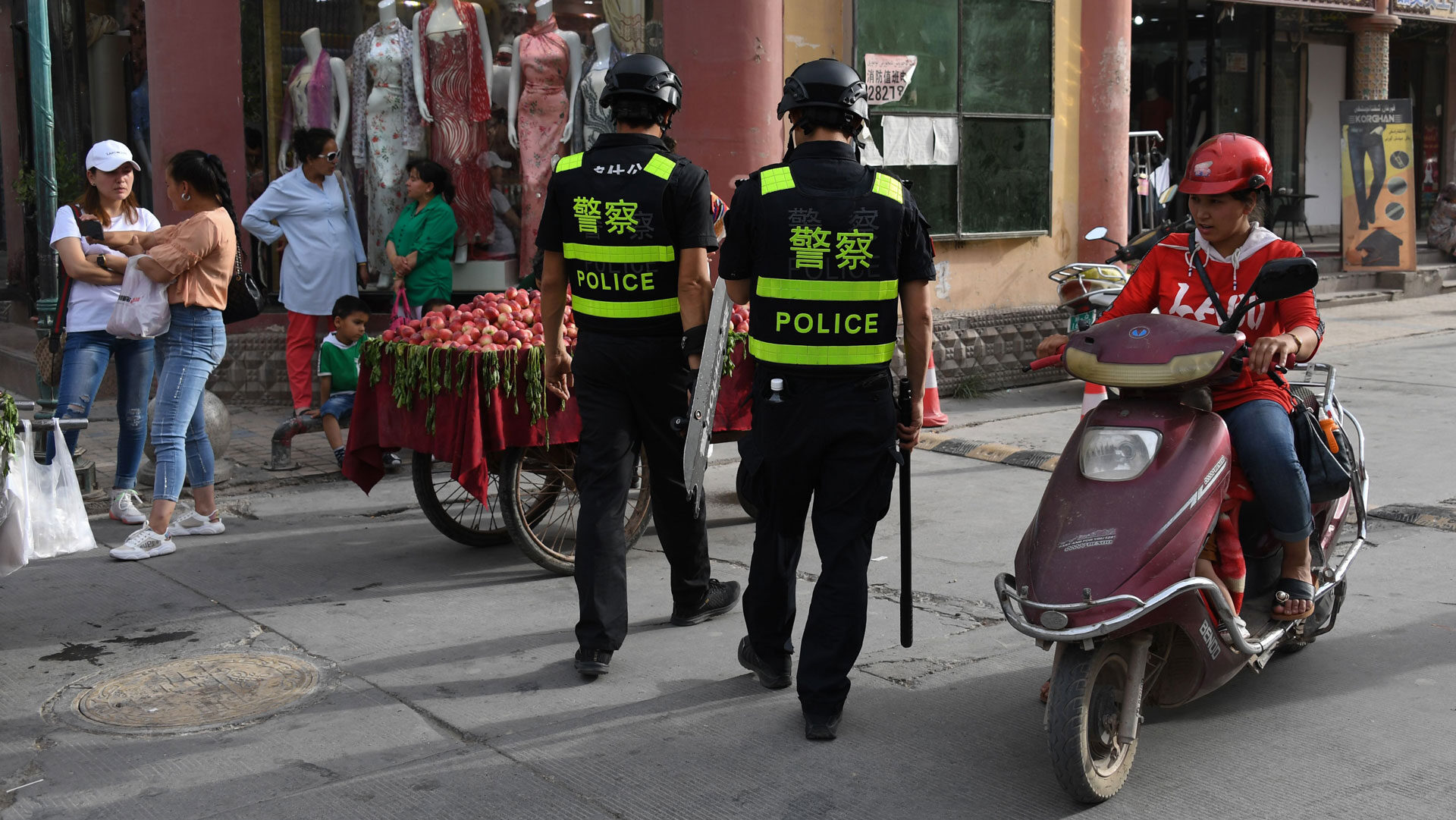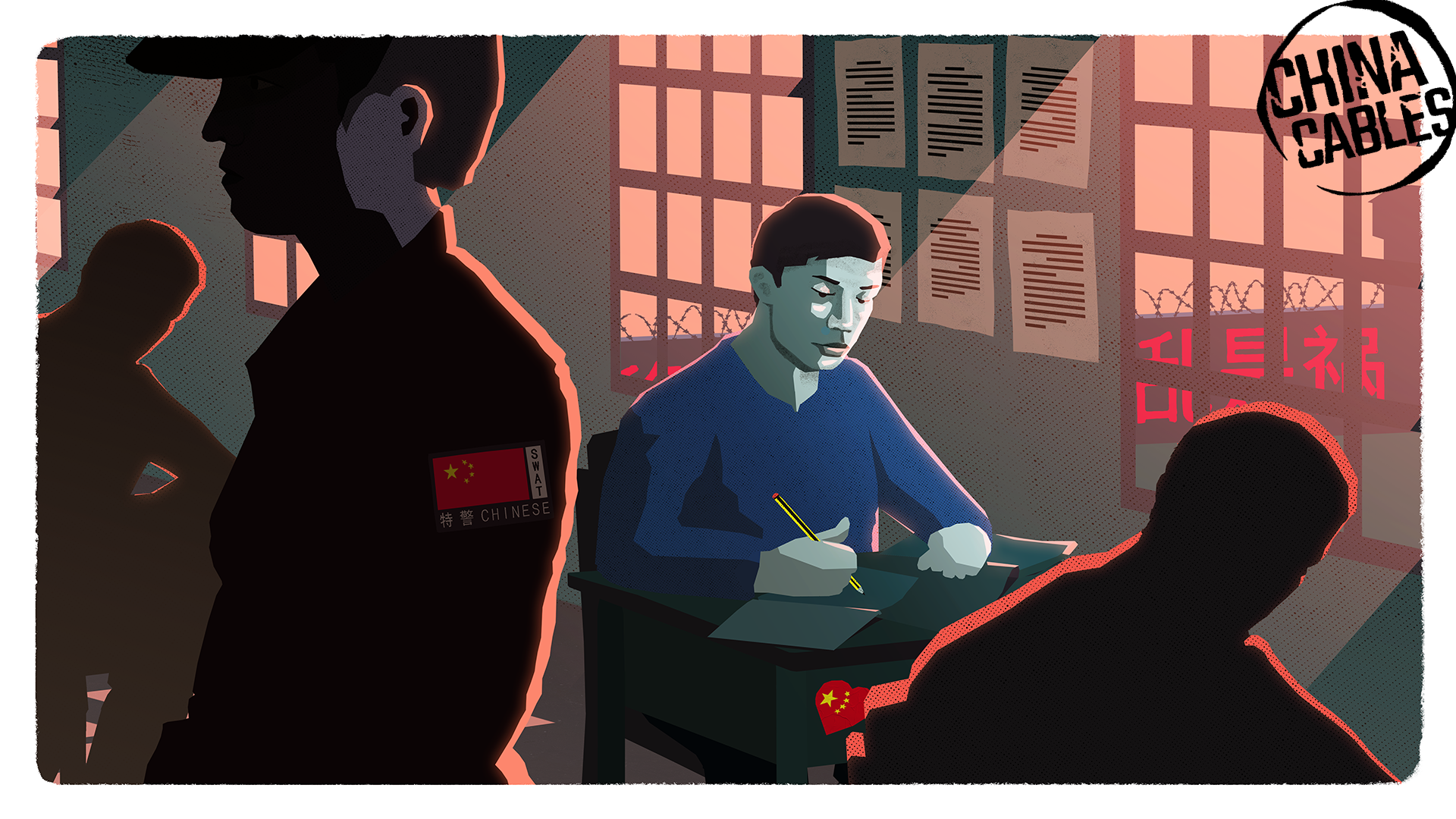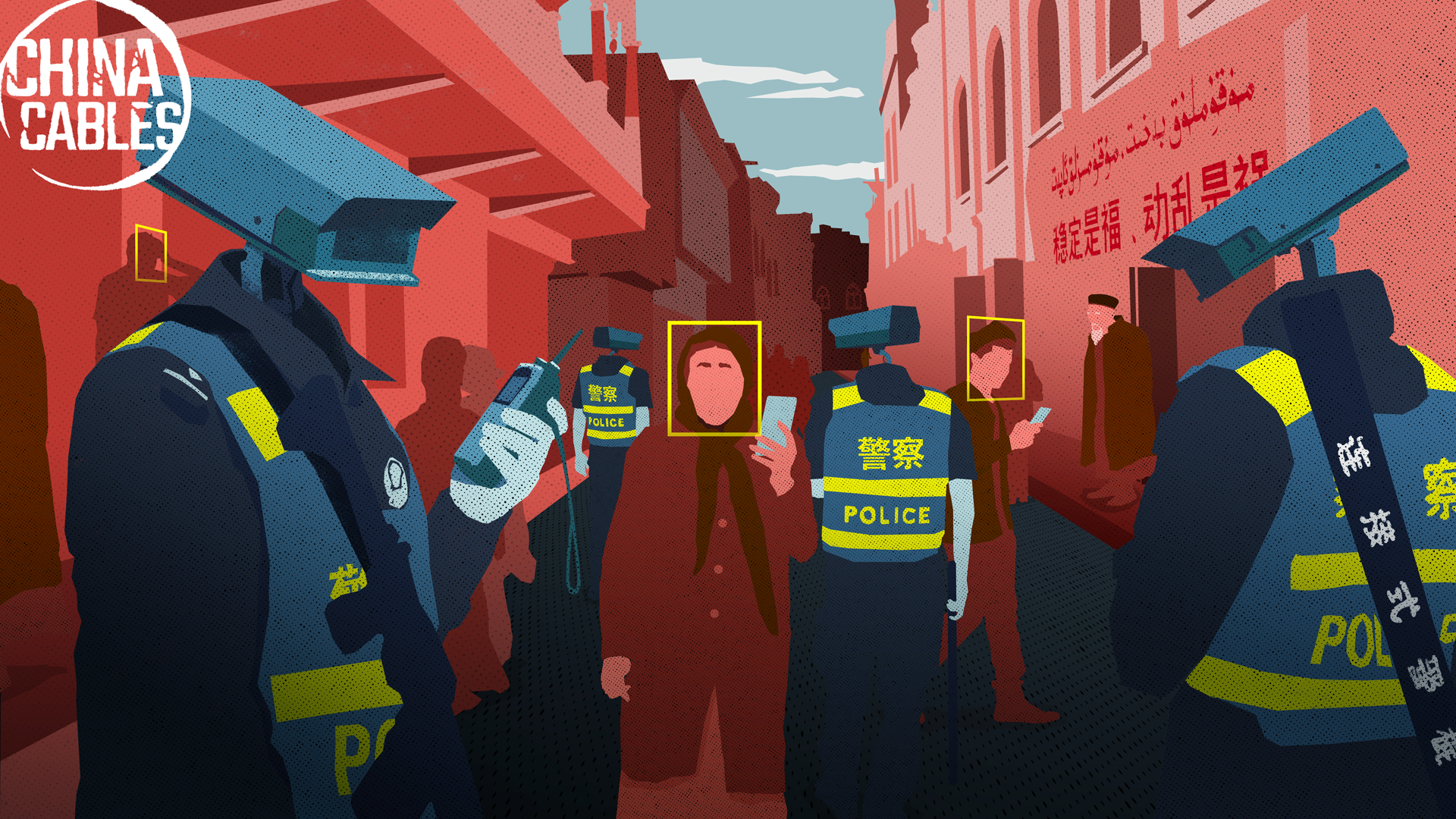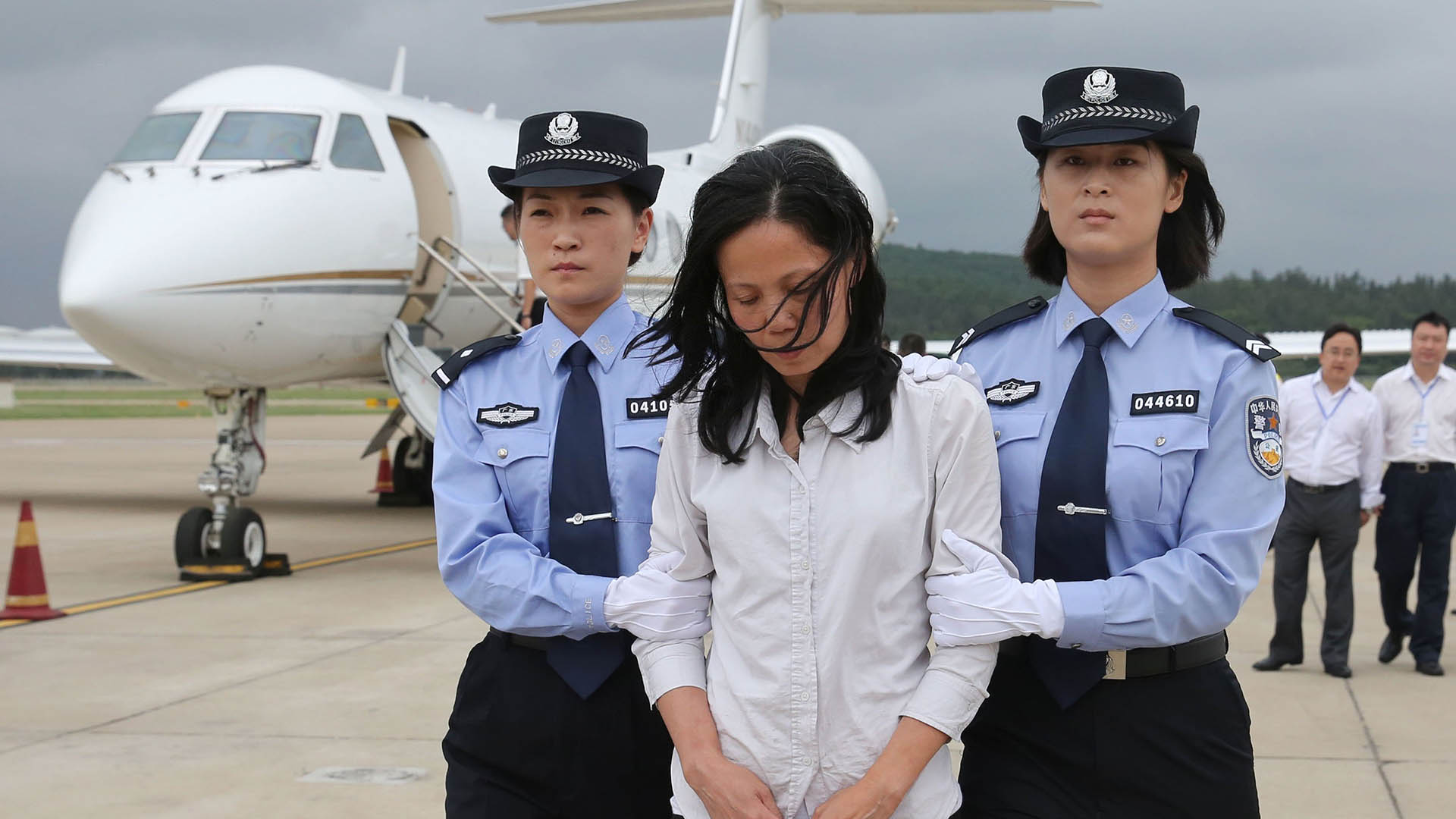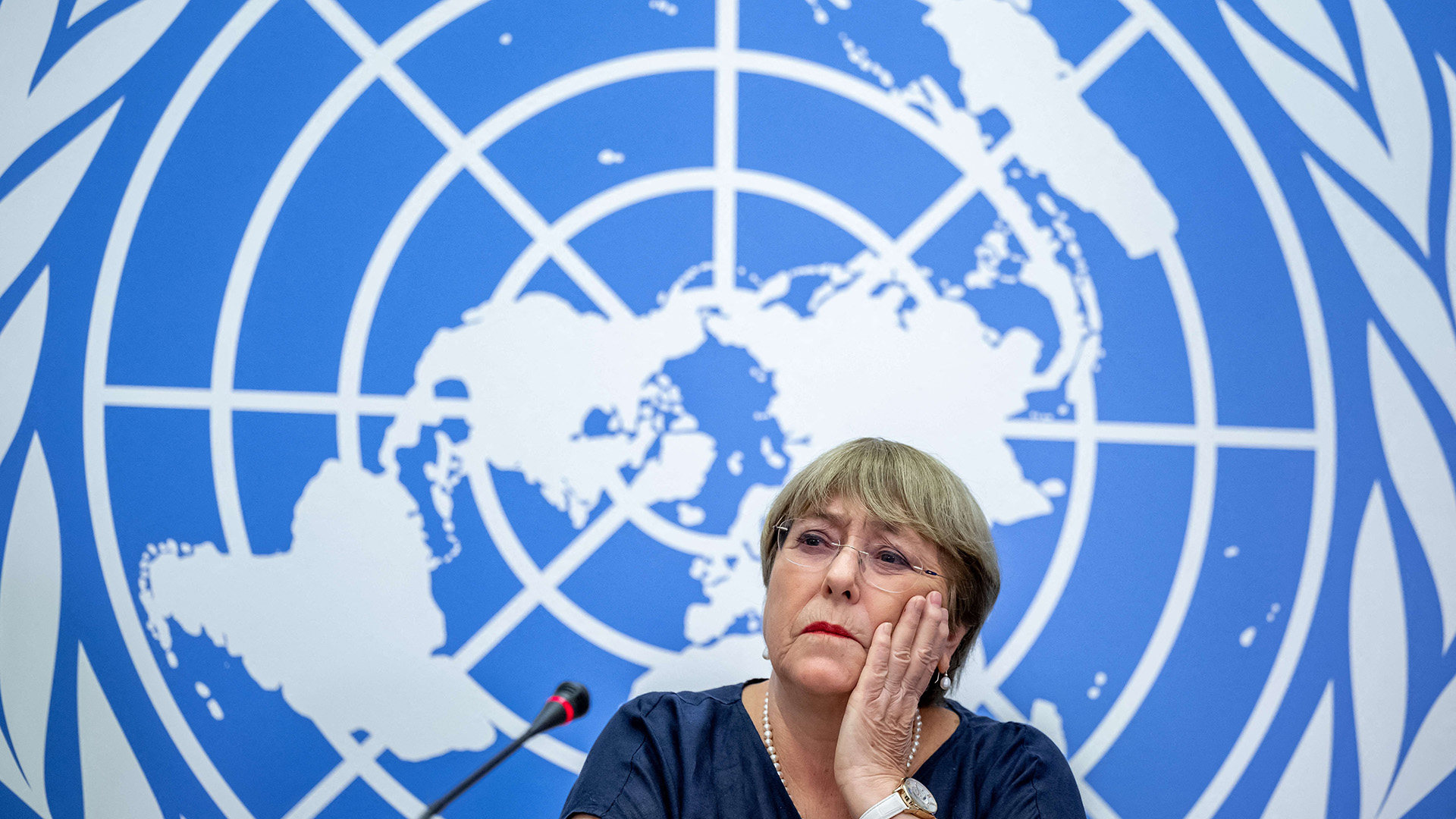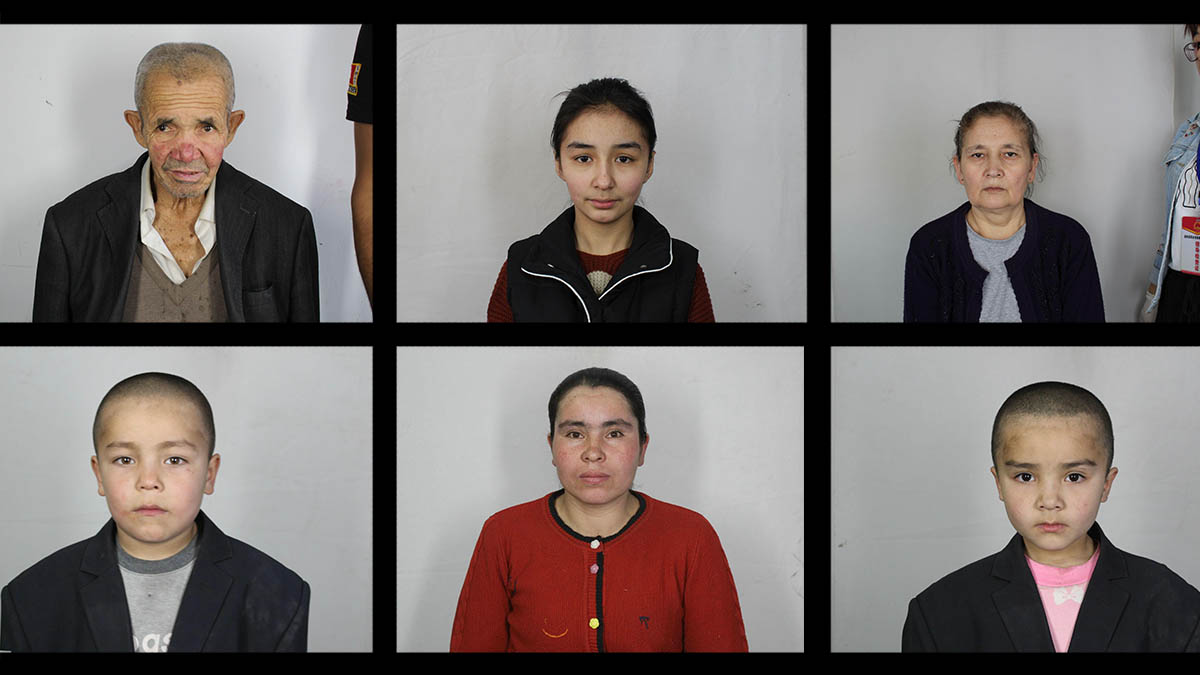A Uighur woman in the Netherlands has claimed that she was one of the sources of documents used as part of the China Cables investigation.
The China Cables investigation, based on leaked classified Chinese government documents, uncovered the surveillance and mass internment without charge of Uighurs and other Muslim minorities in China’s Xinjiang province. More than 75 journalists from the International Consortium of Investigative Journalists and 17 partner media organizations in 14 countries joined together to report on the documents, which included a secret operations manual for the internment camps as well as details of the Chinese government’s surveillance program that monitored civilians living in Xinjiang.
ICIJ does not comment on its sources.
Asiye Abdulaheb, 46, told daily newspaper de Volkskrant that she received and shared secret Chinese government documents, and now fears for her safety.
Abdulaheb said that she shared the documents with German researcher and Uighur expert Adrian Zenz.
Zenz told ICIJ today: “I did not give ICIJ the China Cables documents.
“Asiye and her husband have been threatened by people they believe work for Chinese state security.
“They approached the Dutch media in a bid to seek safety from these threats through publicity.
“The Dutch media contacted me to authenticate their story about her contacts with me.”
The China Cables investigation added to growing international pressure on Beijing over the Chinese government’s human rights record and prompted governments around the world to demand that China immediately allow independent oversight of the situation in Xinjiang.
A week after the China Cables investigation was published, the United States House of Representatives overwhelmingly passed a bill calling on the Trump Administration to sanction Chinese officials responsible for mass detentions and other human rights abuses against ethnic minorities in the region.
The China Cables investigation provides — in the government’s own words and authoritative detail — a description of China’s extrajudicial internment of Muslims as part of a sweeping program of mass surveillance and population control.
The investigation lays out details of what Western governments have called one of the greatest human-rights catastrophes of modern times, one previously known largely through former detainees’ accounts, satellite photographs and chaperoned tours of select camps.
The classified documents confirm that, despite Beijing’s protestations to the contrary, the camps are involuntary indoctrination centers under heavy 24-hour guard — with high watchtowers, internal cameras and dedicated police bases.
The documents reveal key details of a mass-surveillance system that Chinese authorities use to control even routine behavior, curb internal communication and isolate Xinjiang from the rest of the world.
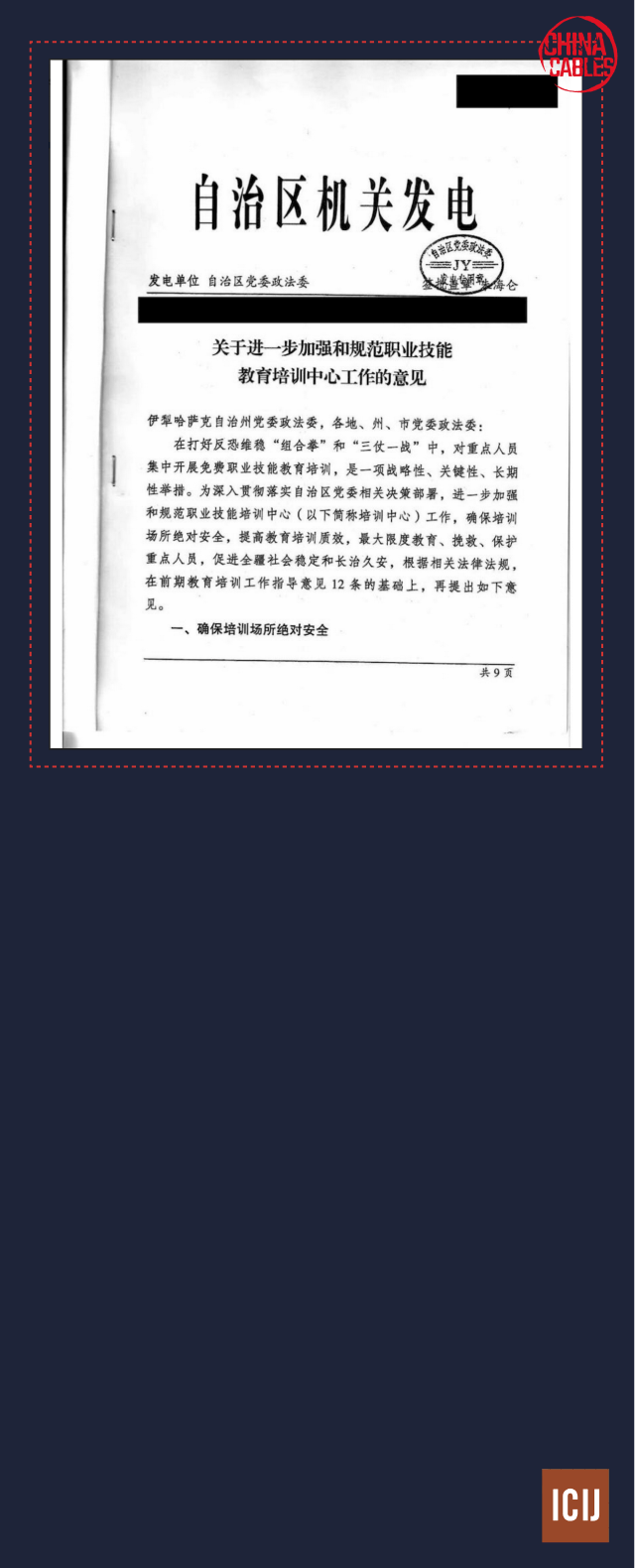
Telegram
This telegram is from the Communist Party commission in charge of Xinjiang’s security apparatus. The telegram, written in Chinese, is an operations manual for running the mass detention camps. It is marked “secret” and was approved by Zhu Hailun, then deputy secretary of Xinjiang’s Communist Party and the region’s top security official.
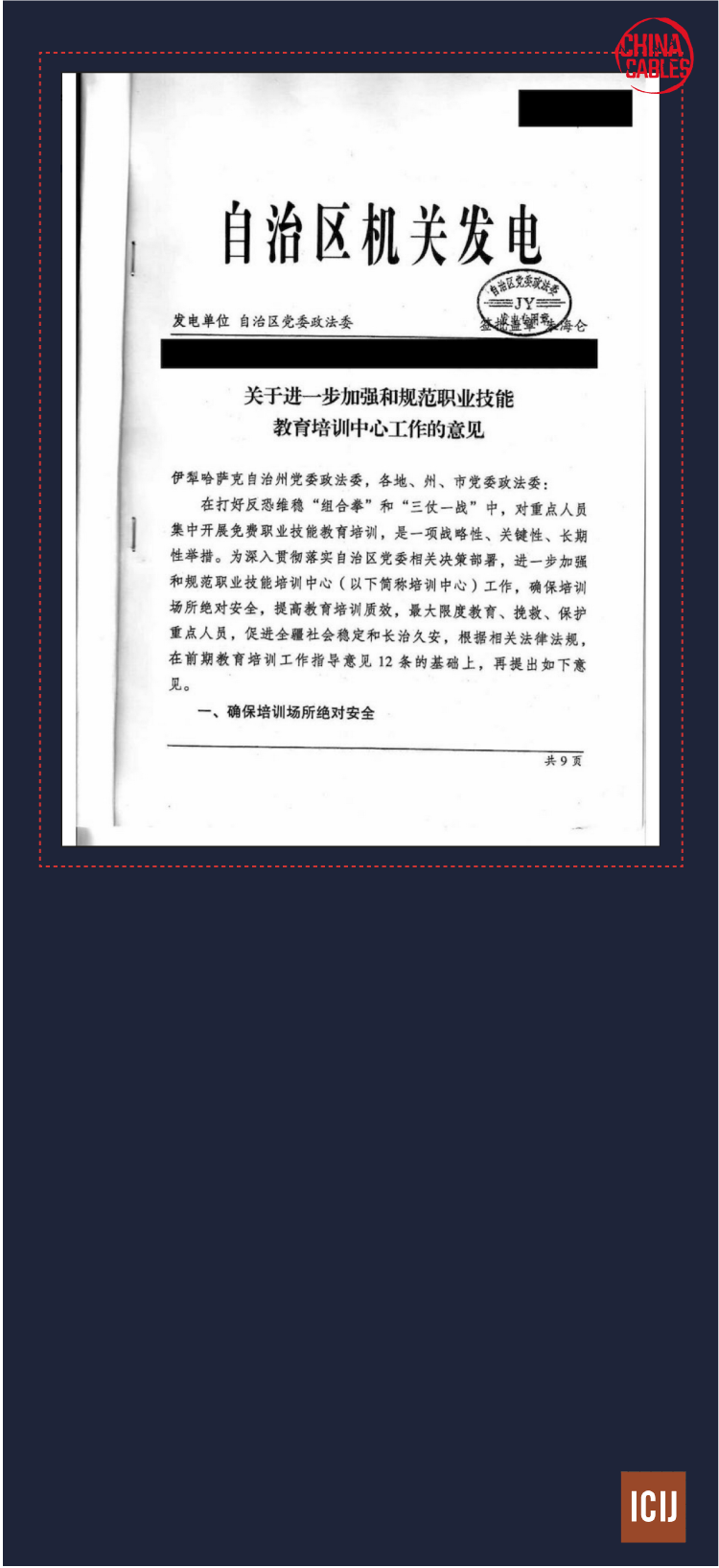
Telegram
This telegram is from the Communist Party commission in charge of Xinjiang’s security apparatus. The telegram, written in Chinese, is an operations manual for running the mass detention camps. It is marked “secret” and was approved by Zhu Hailun, then deputy secretary of Xinjiang’s Communist Party and the region’s top security official.
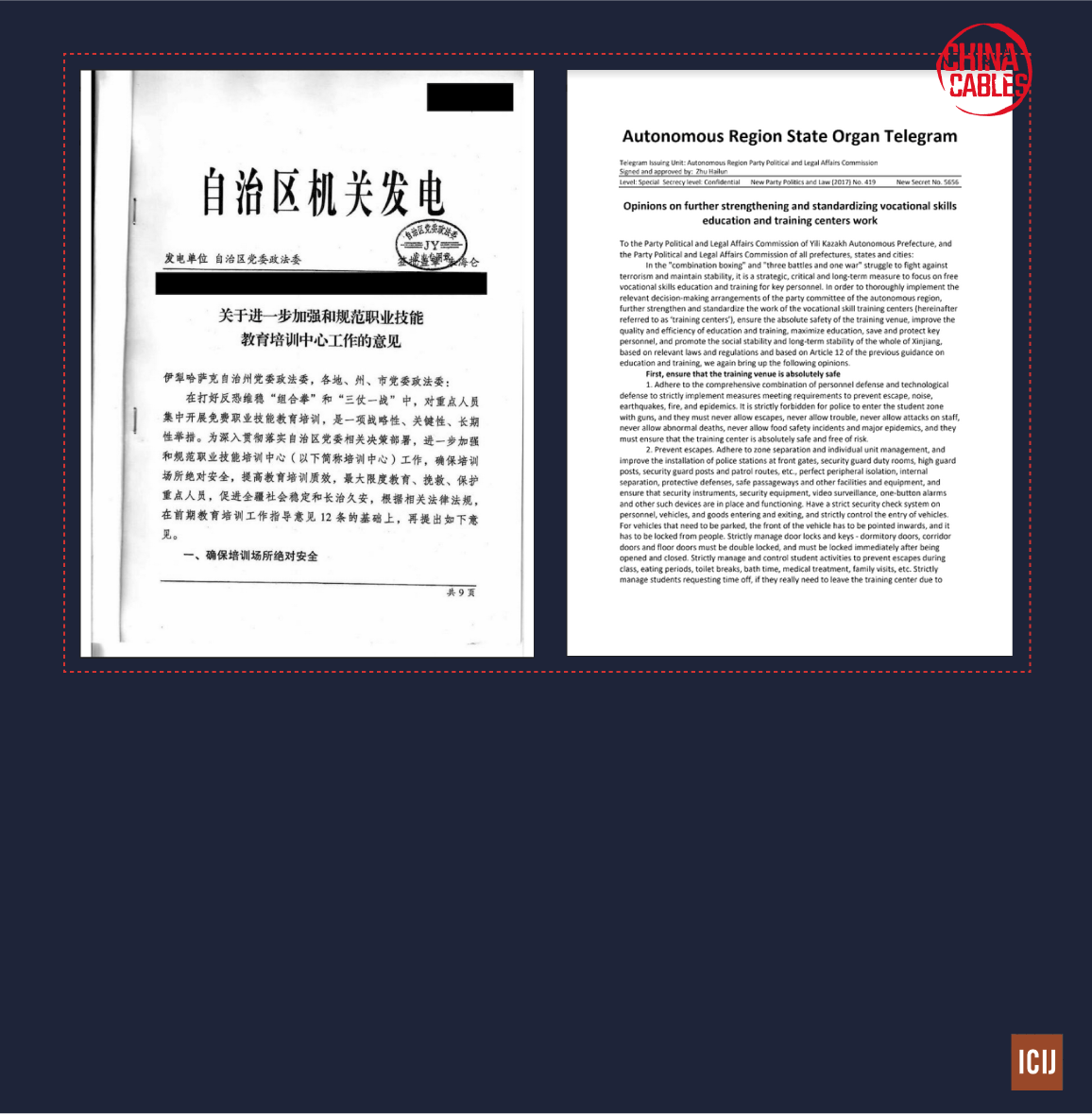
Telegram
This telegram is from the Communist Party commission in charge of Xinjiang’s security apparatus. The telegram, written in Chinese, is an operations manual for running the mass detention camps. It is marked “secret” and was approved by Zhu Hailun, then deputy secretary of Xinjiang’s Communist Party and the region’s top security official.

Telegram
This telegram is from the Communist Party commission in charge of Xinjiang’s security apparatus. The telegram, written in Chinese, is an operations manual for running the mass detention camps. It is marked “secret” and was approved by Zhu Hailun, then deputy secretary of Xinjiang’s Communist Party and the region’s top security official.
A United Nations human rights committee has heard there are credible reports that China is holding a million Uighurs in “counter-extremism centres.” Uighurs are the fourth largest minority in China, and they number nearly 11 million in Xinjiang.
In a written response regarding the China Cables, the Chinese Embassy in the United Kingdom said the “so-called documents are pure fabrication and fake news.” The statement said: “First, there are no so-called ‘detention camps’ in Xinjiang. Vocational education and training centres have been established for the prevention of terrorism.”
It added: “The preventative measures have nothing to do with religious groups. Religious freedom is fully respected in Xinjiang … (The) trainees take various courses at the vocational education and training centres, and the personal freedom of the trainees is fully guaranteed.”
